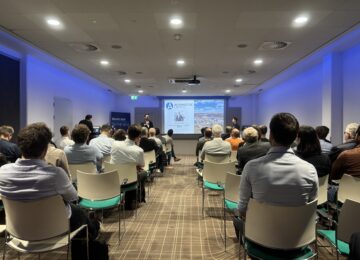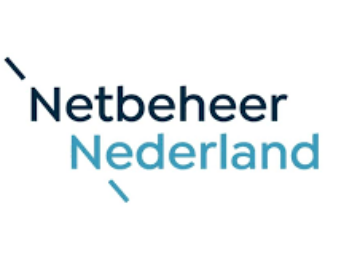Grid congestion continues: almost all of the Netherlands on red
Netbeheer Nederland reported today that grid congestion in the Netherlands continues to worsen. This follows the completion of congestion surveys by TenneT in Utrecht, Gelderland, the Flevopolder, the Rotterdam port area and Goeree-Overflakkee. As a result, the power grid in almost all of the Netherlands is currently full for off-take of electricity. The situation is also becoming increasingly dire for small customers such as households and consumers. The growing grid congestion is the result of increasing electrification, with the necessary grid expansions not yet being sufficiently realized.
Social and economic impact
The fact that the power grid is now also full in these regions has potentially major social and economic consequences, the grid operators and the Ministry of Economic Affairs and Climate Change also write. The tightness on the electricity grid is preventing companies from becoming more sustainable, the business climate is deteriorating and new homes, for example, have to wait a long time for a connection.
In doing so, the government and the grid operators are announcing additional measures that will be addressed in the National Grid Congestion Action Program. Among the measures are increasing investment in grid expansion, more utilization of capacity outside peak hours and encouraging flexible behavior on the grid. Several measures were previously proposed in this context, including the implementation of alternative transmission rights, a time-based transmission tariff and a social prioritization framework for transmission requests.
Energy storage can help provided business case improves
Energy Storage NL argues that energy storage plays a crucial role in overcoming congestion problems. For example, by incentivizing storage in the right way, a system can be grid-positive and support the grid in the right direction. Right now, however, the business case often does not compute, so project realization is delayed. Consequently, many of the projects in the queue are not yet expected to be fundable. This may change with measures such as a zero tariff on transportation for energy storage, or additional incentives for the unprofitable top.
Read here the full message from Netbeheer Nederland and here EZK's message.





